JUST IN: Russian President Putin Confirms his Readiness to Begin Negotiations with US President-elect Donald Trump – VIDEO
Ready to uncover the truth? Sick of the lies? Join our Telegram Channel now. It’s time for the real story! My gratitude to all my readers!
Russian President Vladimir Putin has confirmed his willingness to negotiate with U.S. President-elect Donald Trump.
As the world watches with anticipation and speculation, Putin’s commitment signals a potential end to the conflict with Ukraine—a proposition that Trump has vowed to prioritize.
The meeting of these two powerful leaders on common ground could mark a historic turning point, not just for their nations but for the global balance of power.
Russian President Putin has congratulated Donald Trump on his election victory through “mutual friends.”
Putin and Trump: A New Era of Diplomacy on the Horizon
With the rise of Donald Trump to the highest office in the United States, diplomatic relations between the U.S. and Russia seem poised for transformation. Putin’s recent statement, revealing his openness to dialogue with Trump, has stirred optimism and apprehension around the world.
Given the ongoing tension surrounding the Ukraine conflict, any sign of thawing relations between these superpowers is both dramatic and weighty. For years, the U.S. and Russia have clashed in a strained dance over Ukraine, each nation representing different ideological stakes in the ongoing turmoil.
The prospect of Trump and Putin aligning on a peace strategy for Ukraine is nothing short of momentous. Many see it as a chance to move beyond old hostilities and open a new chapter in U.S.-Russia relations.
RELATED:
The trust Putin is placing in Trump’s ambition to end the Ukraine war demonstrates a shift that could defy the decades of icy and antagonistic exchanges between Moscow and Washington. There is hope, too, that this collaboration might extend into broader arenas—ushering in a new age of cooperative, rather than competitive, diplomacy.
Breaking Down the Putin-Trump Ukraine Peace Plan
Putin’s endorsement of Trump’s peace initiative brings much-needed clarity to the conflict that has devastated Eastern Europe for years. It’s no secret that Putin’s government has been a steadfast presence in Ukraine’s separatist regions, lending both material and political support to factions opposed to the Western-aligned government in Kyiv.
The Kremlin has repeatedly stated that its interest in Ukraine is to protect ethnic Russians and maintain stability on Russia’s western borders, yet this involvement has led to years of sanctions and deteriorated diplomatic relations with the West.
Trump’s willingness to reach an agreement signals a sharp departure from the Obama administration’s approach, which was characterized by support for Ukraine’s government and harsh criticism of Russia’s involvement.
Trump’s directness and willingness to pursue “America First” goals without the baggage of the Cold War mindset seem to resonate with Putin. This potential synergy could mean a more effective, rapid approach to resolving the Ukraine conflict than what has been seen in previous years. A peaceful settlement may finally be within reach, but the implications of such a move are as vast as they are transformative.
The Stakes: A New Balance of Power?
There is no question that a successful negotiation between Trump and Putin over Ukraine would carry massive global implications. If the two leaders reach an agreement, it will likely symbolize a paradigm shift in international relations, creating a new balance of power between East and West. European nations, many of which rely on U.S. support to counterbalance Russia’s influence, may be forced to reevaluate their diplomatic positions. Such a shift could alter NATO’s stance, influence EU policy, and redefine America’s role as a global leader.
Moreover, an alliance—or even a cooperative relationship—between the U.S. and Russia might also unsettle China, another key player in international politics. China has enjoyed its position as a balancing force between the U.S. and Russia, often benefiting from the strategic ambiguities and tensions between the two. But if Trump and Putin unite on major issues, China’s carefully constructed role could weaken. Thus, these negotiations could have ripple effects across multiple continents, affecting trade alliances, military alliances, and the very definitions of friend and foe on the world stage.
Trump’s Approach: Breaking the Status Quo
The allure of Trump’s approach lies in his unapologetic rejection of traditional diplomatic norms. While previous administrations treated Russia with suspicion, maintaining a delicate distance, Trump has broken the mold. This new approach—marked by pragmatism, confidence, and a willingness to question longstanding assumptions—offers the potential to achieve what his predecessors could not. By shifting away from the rigid policies of the Cold War era, Trump has captivated Putin’s attention, aligning their interests on the international stage.
MAKE AMERICA HEALTHY AGAIN: HOME RETREAT | HOW TO RENEW YOUR CELLS IN 7 DAYS
Rather than following a predetermined script of sanctions and condemnations, Trump has openly signaled his readiness to sit at the negotiation table. This willingness to act independently, guided not by Washington’s historical norms but by his own agenda, could be the key to unlocking new paths to peace. Unlike previous presidents, Trump has shown that he values results over rhetoric, which is perhaps why Putin has taken such a keen interest in this unprecedented opportunity for dialogue.
Russia’s Calculated Gamble: Why Putin Supports Trump’s Plan
Putin’s support for Trump’s peace plan is not a gesture made lightly. To Russia, Ukraine represents more than just a border conflict; it is a strategic buffer zone and a symbol of Russian cultural heritage and influence in Eastern Europe. Putin’s moves in Ukraine have consistently aligned with the Kremlin’s broader geopolitical strategy of maintaining influence over former Soviet states. The fact that Putin is willing to entertain Trump’s ideas for peace reveals that Russia is not opposed to diplomacy—if it comes from a partner who respects Russia’s interests and worldview.
By supporting Trump’s plan, Putin is signaling that Russia is open to compromise if its core interests are protected. This position may be unpopular with nationalist factions within Russia, who view any compromise as a concession. However, Putin’s stance suggests that he sees greater value in stable relations with the U.S. than in sustaining a costly and potentially isolating conflict in Ukraine. For Russia, a diplomatically resolved Ukraine situation could allow the country to refocus its resources on other areas of strategic importance, consolidating its power while avoiding further international condemnation.
Ukraine’s Future: What a Putin-Trump Alliance Could Mean
For Ukraine, a peace agreement brokered by Trump and Putin may carry both hope and uncertainty. The Ukrainian government has long relied on Western support to resist Russian influence, viewing its alliance with the U.S. as essential to maintaining sovereignty. If the U.S. shifts its stance under Trump’s leadership, Ukraine could find itself in a precarious position, forced to negotiate directly with Russia without as much U.S. backing.
There is, however, potential upside for Ukraine. An end to the conflict would mean relief from years of devastating fighting, economic stagnation, and social upheaval. A successful negotiation could pave the way for Ukraine to rebuild and strengthen its economy and potentially regain control over separatist-held regions. Yet, much will depend on the terms of any deal reached between Trump and Putin. Ukraine’s future remains uncertain as these two superpowers chart a course that could alter the fabric of Eastern European geopolitics.
How the Global Community Views the Prospective Putin-Trump Dialogue
The reaction to a potential Trump-Putin alliance is mixed among the global community. European leaders are especially wary, as many have grown accustomed to a U.S. foreign policy that aligns closely with NATO and EU interests. For nations like Germany and France, who have shouldered significant burdens as intermediaries in the Ukraine conflict, a U.S. shift toward cooperation with Russia could feel like a betrayal. Many Europeans are concerned that a Putin-Trump deal might ignore the sovereignty issues central to the conflict, instead prioritizing expediency and political gain.
On the other hand, some countries view this dialogue as an overdue attempt to bring stability to a volatile region. Nations in Asia and the Middle East, accustomed to U.S.-Russia rivalry playing out in proxy wars, see potential for a more stable international environment if the two superpowers can find common ground. Indeed, the world waits to see if Trump and Putin can transcend old rivalries, choosing pragmatic peace over perpetual conflict.
The impending Trump-Putin negotiations signify a critical moment in the history of modern diplomacy. With two of the world’s most powerful and outspoken leaders converging on an issue as impactful as Ukraine, the stakes are nothing short of transformative.
If successful, this diplomatic effort could redefine U.S.-Russia relations, moving away from hostility and toward constructive engagement. For Trump and Putin, this potential partnership is an opportunity to leave an indelible mark on global politics, proving that even old foes can unite for the sake of peace.
In the end, a Trump-Putin alliance could open the door, where shared goals take precedence over entrenched grudges. It is a moment that will test both men’s resolve and vision, revealing whether their partnership can transcend individual ambition to achieve a lasting peace. As the world watches, one thing remains clear: this is no ordinary negotiation—it is a meeting of two strong-willed leaders determined to shape the future of global diplomacy on their own terms.

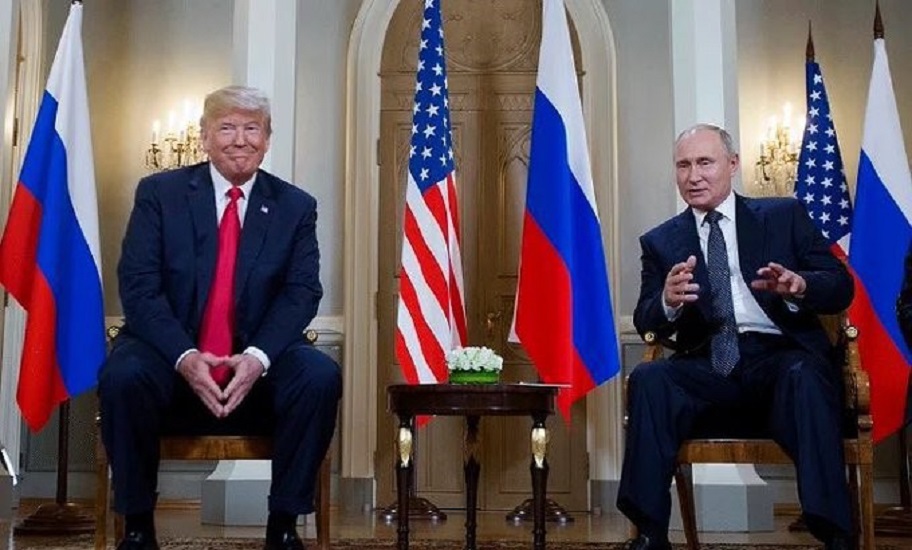

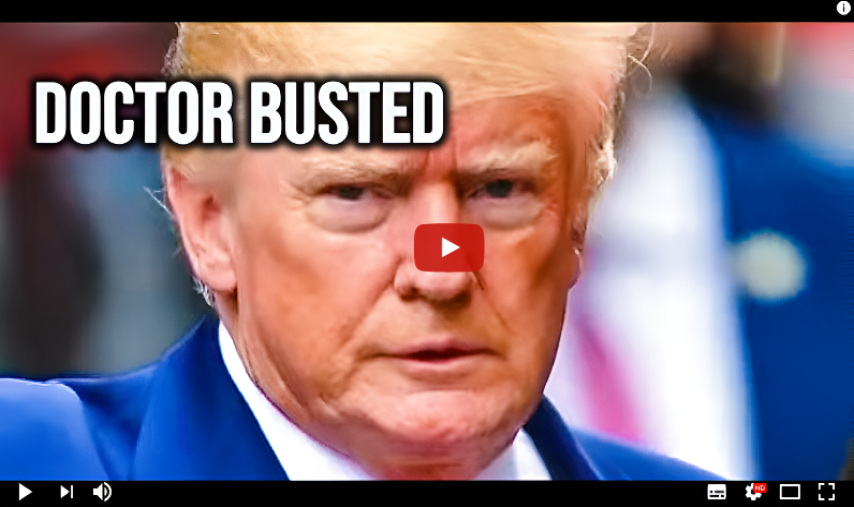
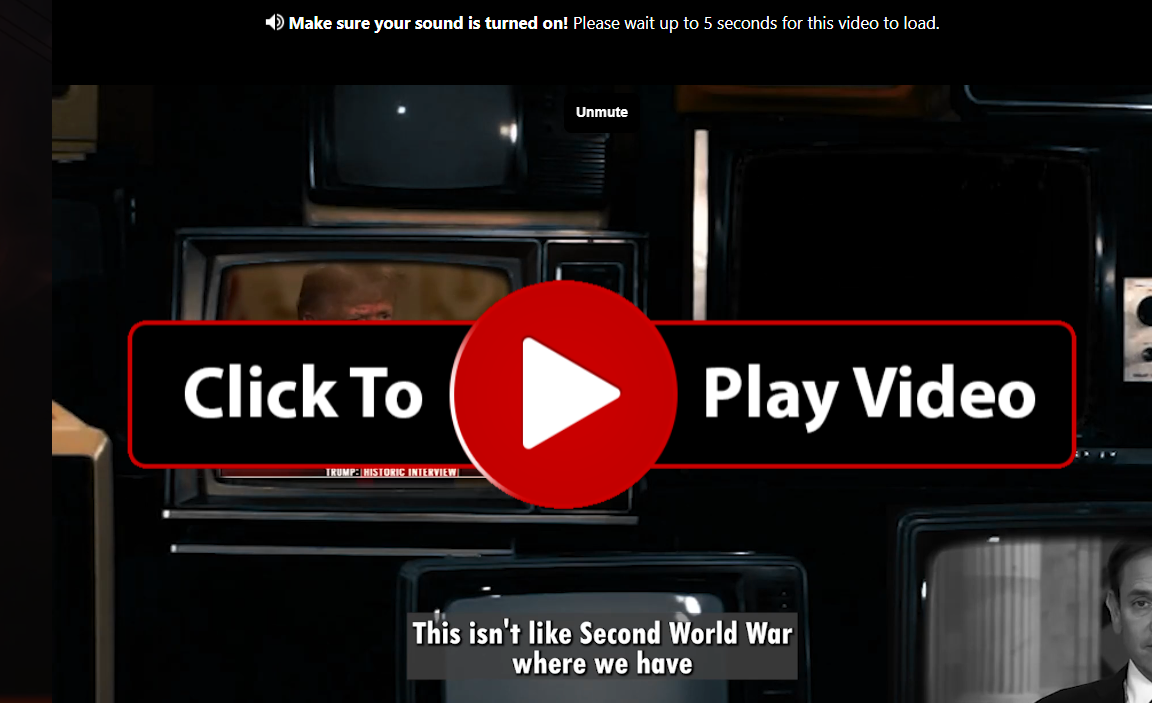
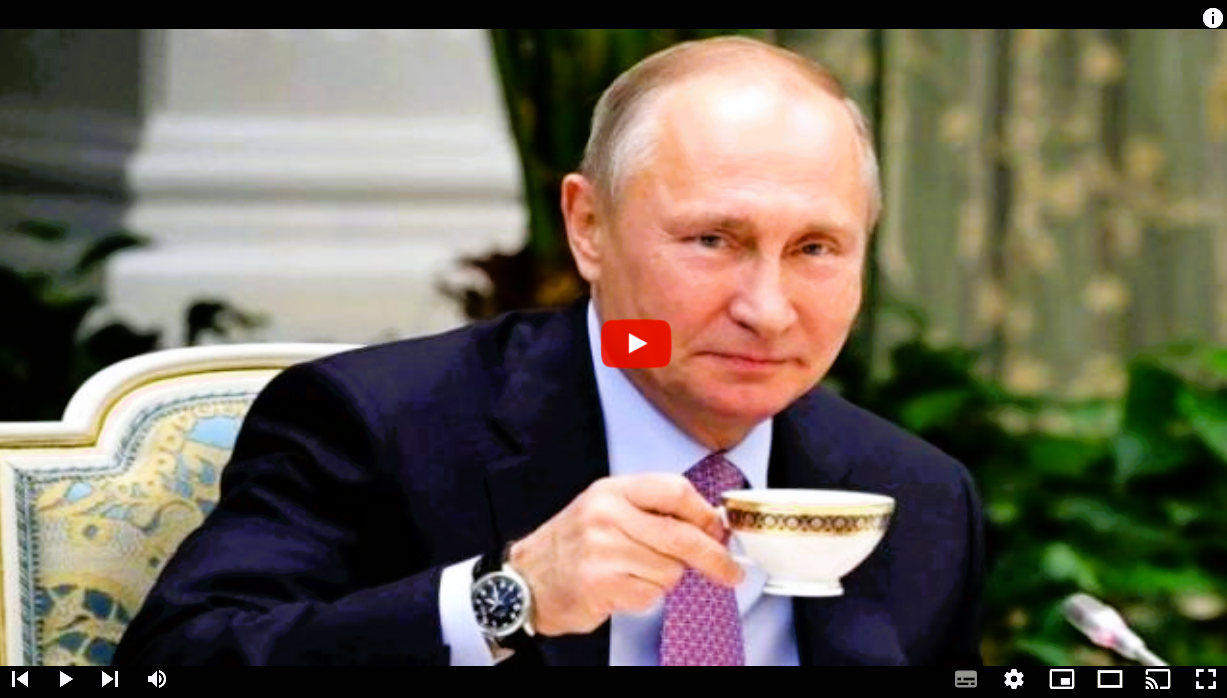

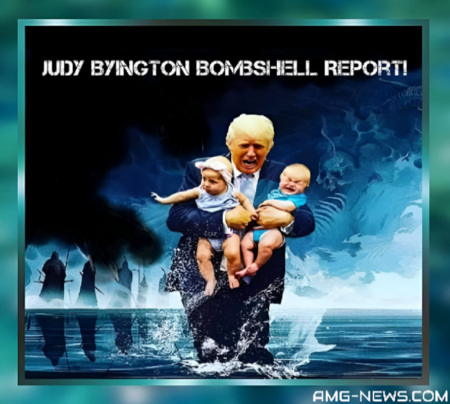
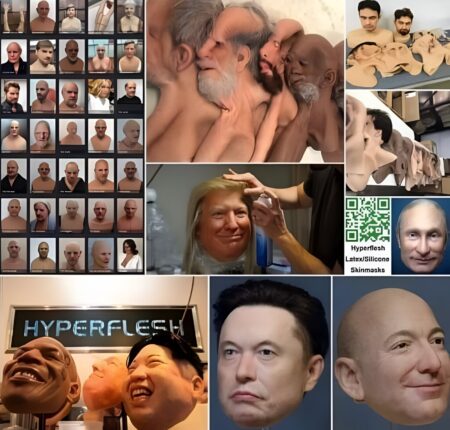
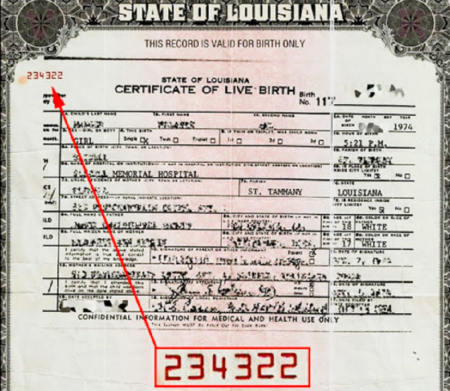
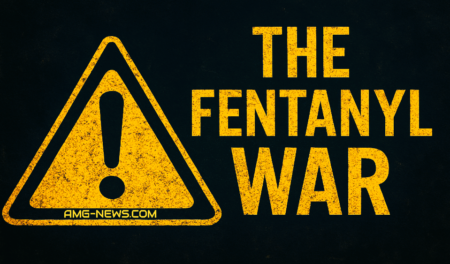
![FAUCI RAIDED: KASH PATEL TO ROGAN: WE RAIDED FAUCI — PHONES & HARD DRIVES SEIZED, COVID LIES EXPOSED! [VIDEO]](https://amg-news.com/wp-content/uploads/2025/06/FBI-Kash-Patel-Fauci-raid-450x263.jpg)
![BOOM! THE FINAL TARGET: ALL ROADS LEAD TO OBAMA – The CIA’s Trojan Horse Who Hijacked America and Controlled Biden Like a Puppet – Obama’s Empire of Treason Faces Military Justice [VIDEO]](https://amg-news.com/wp-content/uploads/2025/05/TRUMP-ALL-ROADS-LEAD-TO-OBAMA-450x238.png)

1 Comment
It is high time that someone would be able to finally break Putin loose from the murderous clutches of the Sabbatean-Frankist Chabad-Lubavitcher instigators of the ethnic cleansing
of Ukrainian Goyims. Only Trump has the power of the purse and the superior brains to accomplish that.